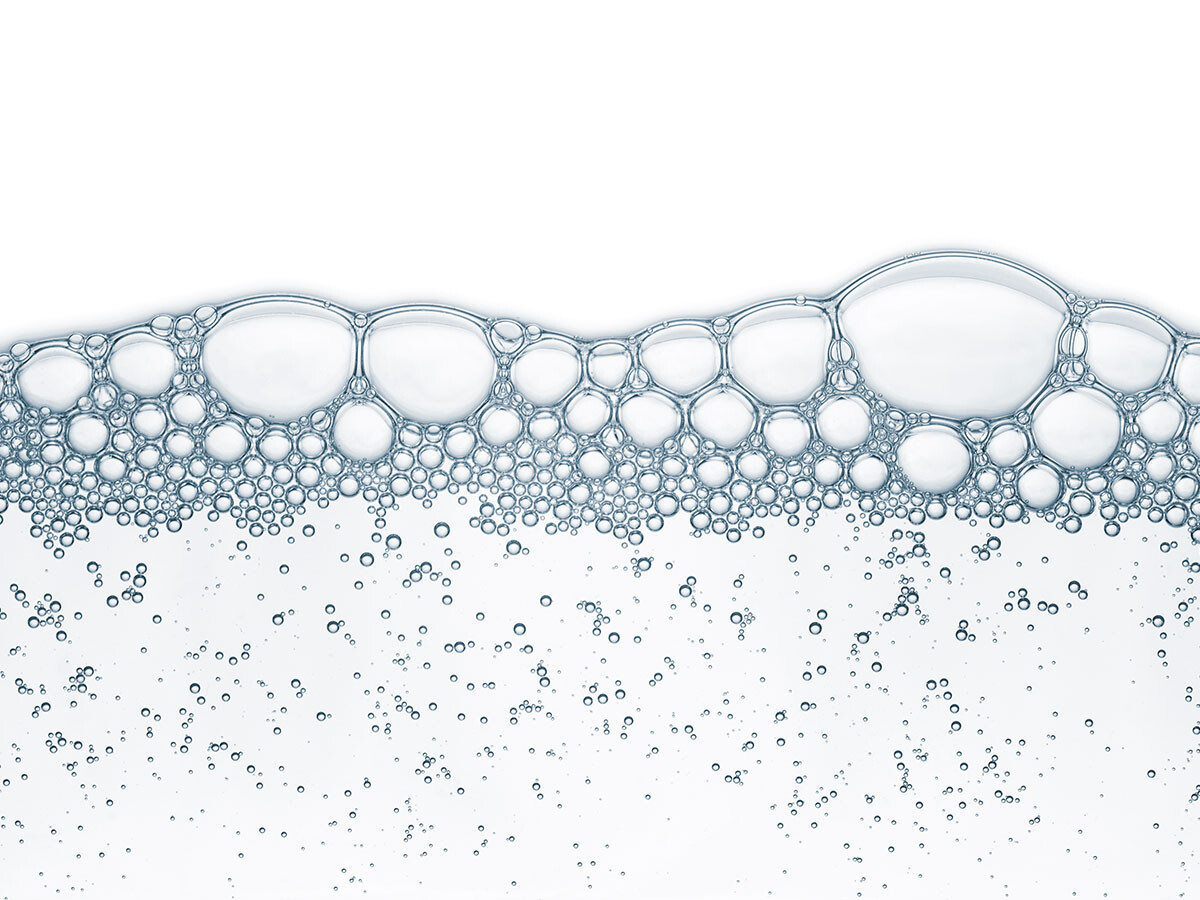The Importance of Defoamers in Industrial Processes and Applications
The Importance of Defoamers in Industrial Processes and Applications
Blog Article
The Role of Defoamers in Enhancing Item High Quality and Efficiency
Defoamers serve as essential ingredients that minimize this problem, making sure smoother manufacturing process while improving the practical and aesthetic characteristics of the final items. The selection of the ideal defoamer can be essential to achieving optimal results, increasing essential questions concerning solution compatibility and efficiency metrics that warrant more exploration.
Understanding Defoamers
Comprehending the role of defoamers is crucial for preserving item high quality throughout different markets. Defoamers are chemical ingredients created to stop the formation and decrease of foam in liquid systems, which can negatively impact procedures such as mixing, filling up, and surface area tension. Foaming can bring about inefficiencies, product issues, and compromised aesthetic appeal, making defoamers an important part in manufacturing operations.
In industrial applications, defoamers help to boost item consistency and security. The efficient use of defoamers not just guarantees smoother manufacturing procedures but also adds to remarkable product performance.
Additionally, the selection and formula of a defoamer need to align with certain application demands, such as compatibility with other components, performance under varying temperature level and pH problems, and potential regulative restrictions. Eventually, recognizing defoamers' functions and their value in numerous solutions is important for enhancing production and guaranteeing the best end items.
Kinds Of Defoamers
Defoamers can be classified into several kinds based upon their structure and mechanism of action. The primary types include silicone-based, non-silicone organic, and inorganic defoamers.
Silicone-based defoamers are amongst the most effective, mainly as a result of their capability to spread out quickly on the liquid surface and disrupt foam formation. Their distinct chemical structure enables for remarkable security, making them suitable for high-temperature applications and atmospheres with differing pH levels.
Non-silicone natural defoamers, typically composed of fatty acids or natural oils, are valued for their biodegradability and lower poisoning. These are usually made use of in food and drink applications where safety and environmental impact are extremely important.
Not natural defoamers, which include compounds like talc or calcium carbonate, act by boosting the density of the liquid, consequently decreasing foam security. They are commonly utilized in industrial procedures where compatibility with other products is not a worry.
Each sort of defoamer has unique benefits and constraints, enabling for customized remedies relying on the certain lathering concerns come across in different applications. Understanding these differences is vital for maximizing performance and accomplishing wanted item quality.
Applications Throughout Industries
Many sectors take advantage of defoamers to boost item top quality and operational effectiveness. In the food and drink field, defoamers are crucial in processes such as developing and dairy manufacturing to stop foam formation, which can result in inadequacies and item inconsistency. By controlling foam, makers can guarantee far better yield and a much more consistent item.
In the pharmaceutical industry, defoamers play a crucial duty in the formula of fluid medications, where excessive foam can hamper blending and accurate application. Their usage assists maintain the stability of the formulas and assists in smoother production read procedures.
The paint and Learn More coatings market also depends on defoamers to improve the performance of products throughout application. By decreasing foam, these additives ensure a smoother coating and enhance the aesthetic top qualities of the end product.

Advantages of Making Use Of Defoamers
While the application of defoamers varies throughout sectors, their benefits constantly improve item high quality and procedure performance. One considerable advantage is the reduction of foam development throughout producing procedures, which can or else result in manufacturing hold-ups and variances in item high quality. By minimizing foam, defoamers make it possible for a smoother circulation of products, promoting extra effective procedures and minimizing the likelihood of equipment breakdowns.
Additionally, making use of defoamers can boost the appearance and structure of end products. In industries such as coatings, paints, and food processing, excessive foam can compromise the visual aesthetic appeals and general high quality, while the appropriate defoamer application makes certain an uniform finish and desirable features. Moreover, defoamers can contribute to cost financial savings by decreasing waste throughout production and enhancing the use of basic materials (defoamers).

Choosing the Right Defoamer
Selecting the appropriate defoamer is critical for maximizing manufacturing processes and making certain product top quality. The selection of defoamer affects not only the performance of foam control yet likewise the general performance attributes of the end product. Aspects to consider consist of the sort of application, the chemistry of the formulation, and the ecological conditions under which the item will be utilized.
Different sectors may need details defoamer types, such as silicone-based, natural, or polymeric defoamers. Understanding the compatibility of the defoamer with the primary ingredients is necessary to prevent adverse reactions that could endanger item stability. Furthermore, the defoamer's efficiency in numerous temperatures and pH levels have to be reviewed to make certain constant performance.
Testing the defoamer in small applications can supply valuable insights into its performance and suitability. Factor to consider of regulatory compliance, especially in food, drugs, and cosmetics, is vital in choosing a defoamer. Eventually, a thorough analysis of these aspects will certainly cause the option of a defoamer that not just regulates foam effectively yet additionally enhances the quality and performance of the final item.
Conclusion

To conclude, defoamers are necessary additives that significantly boost product top quality and efficiency across different markets. By efficiently reducing foam formation, these representatives not only improve operational effectiveness however likewise add to the visual and practical integrity of products. The tactical option and application of defoamers lead to set you back financial savings, optimized resource usage, and enhanced customer complete satisfaction. Generally, the significance of defoamers in industrial processes can not be overstated, as they play an important role in accomplishing consistent and high-grade end results.
Foaming can lead to inadequacies, item problems, and endangered aesthetic allure, making defoamers an important part in making procedures.

Report this page